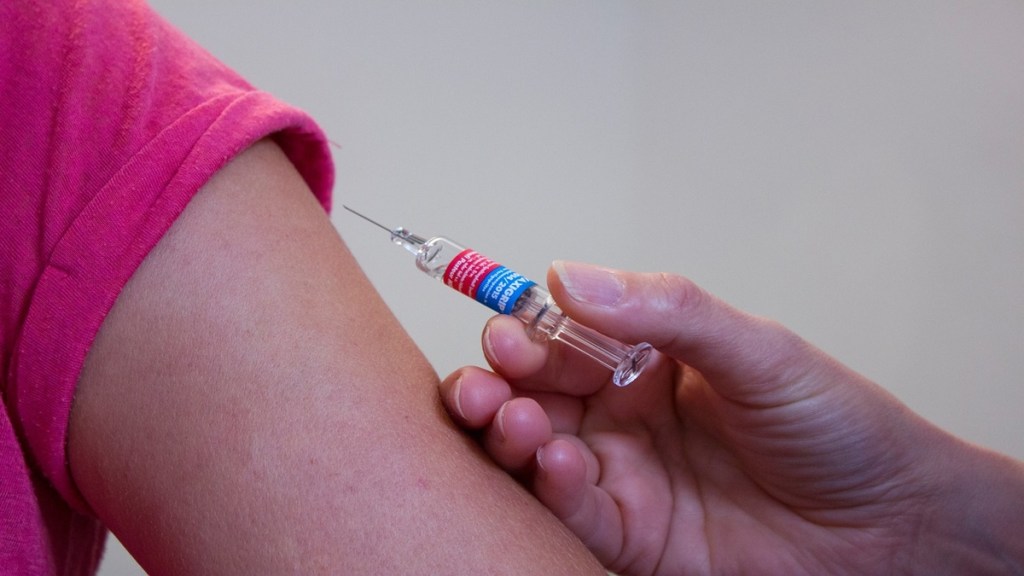Gennova Biopharmaceuticals Ltd. on Tuesday announced that it is partnering with the Coalition for Epidemic Preparedness Innovations (CEPI), a subsidiary of Emcure Pharmaceuticals Ltd. for the development of self-amplifying mRNA (saRNA) vaccine against the deadly Nipah virus.
According to a press statement, this critical initiative is supported by an expanded partnership with the CEPI, with funding of up to US$13.38 million. Gennova will also team up with US-based Houston Methodist Research Institute (HMRI), also a CEPI partner, to use their cutting-edge AI technology to optimize the properties of proteins derived from the virus that could stimulate the immune system and serve as optimal vaccine targets for Gennova to investigate in the lab and in the clinic.
Nipah virus belongs to the Paramyxovirus family. It is one of the deadliest pathogens known to infect humans. So far, Nipah outbreaks have been confined to South and Southeast Asia, but the fruit-bat vector is found in large geographical areas across the globe covering a population of more than 2 billion people.
“With no vaccines or specific therapeutics approved for human use against Nipah, CEPI is leading the charge to protect the world against this deadly virus committing over US$100 million to its Nipah programmes and advancing the first ever Nipah vaccine candidates into Phase 1 studies and through to completion”, said Dr Kent Kester, Executive Director of Vaccine Research and Development at CEPI. “Gennova’s work will not only help establish the suitability of the saRNA platform for use against Nipah but also its suitability as part of a wider group of RNA technologies that could enable rapid responses to future Disease X threats, potentially within 100 days of identification.”
mRNA vaccines use the body’s own machinery to make antigenic protein rather than injecting the antigen directly into the body. saRNA vaccines work by giving the body instructions to replicate mRNA needed to create the desired antigen, potentially enhancing the immune response with lower doses compared to existing mRNA vaccines.
In August 2023, CEPI initially provided up to $3.6 million to support the optimisation of Gennova’s saRNA-platform technology to develop vaccine candidates against unknown pathogenic threats, also referred to as Disease X.
“The initial tranche of funding was part of CEPI’s programme to support novel RNA vaccine platform technologies for emerging and select endemic infectious diseases, which could offer substantial advantages over existing mRNA technologies, such as multivalency, improved immunogenicity, storage and stability, productivity, response time, and cost-of-goods.
“By harnessing the cutting-edge capabilities of our saRNA platform, we are committed to developing a revolutionary next-generation vaccine. This partnership not only sets a new standard for the rapid development of mRNA vaccines but also ensures equitable access and strengthens global health security”, said Dr. Sanjay Singh, CEO of Gennova Biopharmaceuticals Limited.








